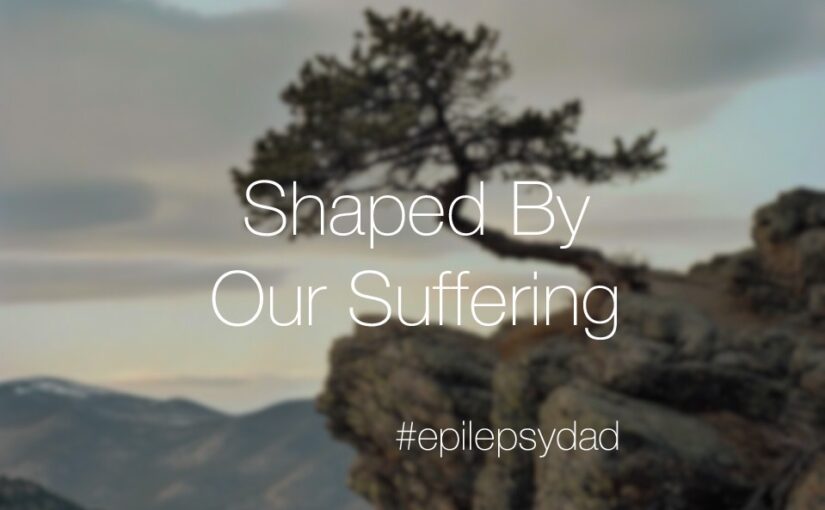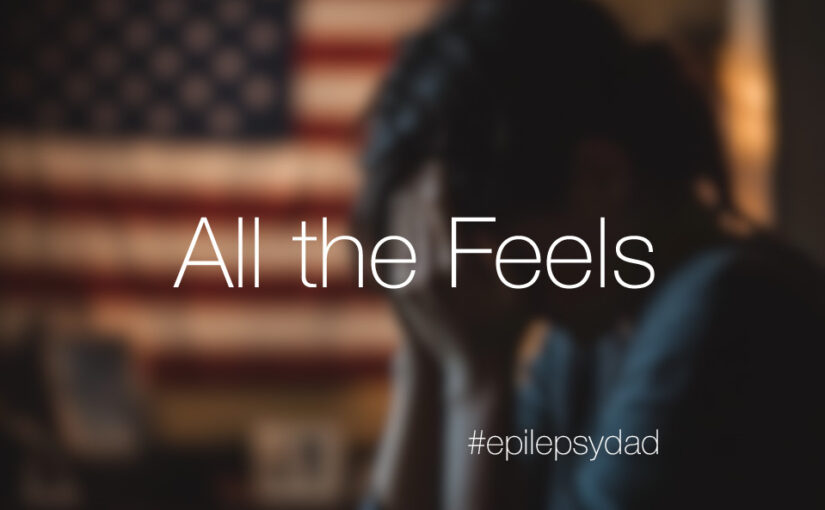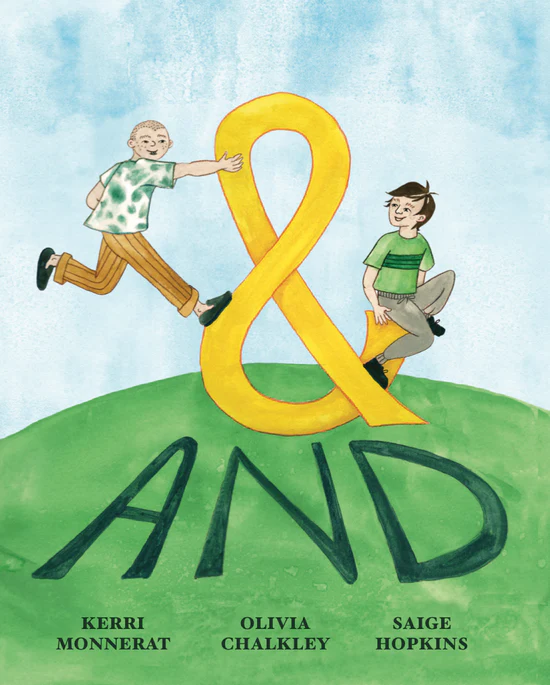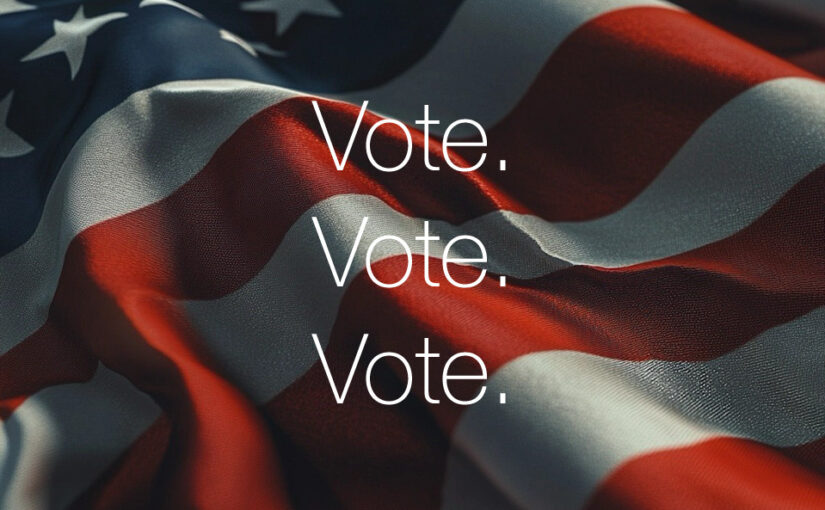When we lived in Colorado, I would see trees on the edge of cliffs as we drove through the mountains. The wind and weather at that elevation could be brutal. But these trees would grow thick roots to ground themselves into the earth, even as their trunk and branches were bent and battered and grew angled towards the sky to withstand the constant pressure from the wind.
I recently came across the phrase “shaped by our suffering,” which speaks to how difficult experiences can shape a person’s character, perspective, or life path. While painful and often unwanted, the idea is that suffering can lead to personal growth, resilience, and a deeper understanding of life.
For as long as my son can remember, he has had challenges. He has had seizures, memory, attention, and learning difficulties. He was isolated even before the pandemic and, even now, is often on the outside of many social situations. He had so many dreams taken away from him before he could try to achieve them.
Through it all, though, his challenges and struggles shaped him into a sweet, empathetic, resilient, and big-hearted person. Those are his roots, which ground him as a person and to this family and keep him from getting blown away by what he endures every day to be in the world.
His struggles have also shaped me, forcing me to reflect on myself, my life, and my choices and develop a greater self-awareness. The months in the hospital while the doctors, nurses, and support staff kept him alive and rebuilt what he had lost changed my view on life, gratitude, and presence. The strength and grace he shows daily in the face of his challenges guide how I think about and approach challenges in my day.
The hardship we endured as a family, which tried to tear us apart, formed deeper, stronger connections between my wife and me and in our family. Today, those roots continue to strengthen, ground us, and make us more resilient against whatever comes our way.
Like the trees I saw in Colorado, we are shaped by the winds of our struggles. The storms we face may bend and scar us, but they also deepen our roots, making us more resilient and grounded in the things that truly matter. My son’s suffering has shaped him into a remarkable person with an incredible capacity for empathy, strength, and love. It’s taught me to live with more gratitude, to be more present, and to face my challenges with the same strength as my son.
The hardships we endure don’t define us, but they shape us—and sometimes, they make us stronger than we ever imagined possible.



